
A Mother’s Prayer for Her Lost Son
One of the boys got up to refill his glass. Jack offered him his drink. From the smirk on the boy’s face as he quickly refused, Jack had no doubt...

One of the boys got up to refill his glass. Jack offered him his drink. From the smirk on the boy’s face as he quickly refused, Jack had no doubt that his life was in danger.
When my dear friend first told me this story, I was moved to tears. Intuitively, I have always realized that a mother’s love is powerful, especially when combined with prayer.
Many people believe that today’s baal teshuva movement is a result of the tears shed fifty, sixty, seventy, years ago as mothers watched their children torn away from them by the many ideologies of that period. Sometimes, it takes decades for a prayer to be answered, and other times, well, read the story and find out!
All names and identifying details have been changed.
* * *
Shoshana missed her son. It was an aching, almost physical pain, which accompanied her every moment of the day. Sometimes it was so intense as to be almost excruciating; she felt so close to him, yet he was so far away, beyond her reach. She wanted him to be there, with her, in Yerushalayim. Instead, he was on the other side of the ocean, in Birmingham, England.
It wasn’t just the physical distance that made this separation so painful – there was a spiritual chasm dividing them.
The chasm had occurred several years earlier, when Shoshana had been a single mother with two adolescent sons. A life-threatening illness compelled her to do some serious soul-searching. She discovered meaning in her own backyard. The first time she attended shul, she felt as if her neshamah had come alive. Curious and excited, she investigated her heritage, reading every book on Judaism that she could find and attending as many shiurim as possible.
Shoshana felt drawn to Yiddishkeit, but at the same time, she was a career woman who craved independence and found keeping the mitzvot limiting. She fought an inner battle and wavered between the two worlds until she finally realized that the only way to be true to herself was by being true to the Almighty.
The local orthodox community welcomed her warmly and offered her all the emotional support that she needed during this crucial time. She knew beyond a doubt that she had found her true home.
Shoshana’s younger son quickly integrated into yeshiva. However, her older son, Jack, wanted nothing to do with his mother’s newfound beliefs and remained within the confines of the materialistic society in which he had grown up. The chasm widened as Shoshana and her younger son continued to grow spiritually, while Jack became more deeply involved in secular society.
Eventually, Shoshana recovered from her illness, remarried, and together with her new husband and younger son, moved to Eretz Yisrael.
Shoshana’s family grew. Although she was busy with her new life and felt fulfilled, she missed her oldest child. It was a deep wound that never healed. She wanted to share her newfound happiness, but Jack was not able to accept it. Shoshana knew that the only way to reach her son’s heart was through prayer. She davened almost constantly that the Almighty would bring her oldest child to teshuva.
Now, however, that aching pain was so intense that Shoshana felt compelled to write Jack a letter – a letter from the heart. She knew that she could never send the letter to him, but the emotions churning within her needed an outlet. For Shoshana, writing was a deep form of prayer.
Shoshana glanced up at the kitchen clock. It was almost one a.m. Her husband and children had gone to sleep hours ago. The intense silence was broken only by the quiet hum of the refrigerator motor as it turned on.
Shoshana tiptoed to the living room, opened the desk drawer, and removed a pen. Trying to make as little noise as possible, she slipped into her son’s room and took a few sheets of notebook paper from his closet.
Shoshana sat down at the kitchen table and began writing her oldest son a letter – really, a prayer – begging him to look within himself and see where his life was taking him. The tears were cascading down her face as she conveyed her deepest feelings and desires for her son’s future. She pleaded with him to really come home; to join his family in Yerushalayim. She felt as if a dam within her heart had burst, and she was giving full expression to her love for him.
Two nights later, Jack phoned. He was coming to Eretz Yisrael.
“That’s wonderful,” Shoshana smiled into the phone. He had been planning a visit, and she assumed that he had decided to come earlier.
“Mom,” Jack continued, “I’m not coming for a visit. I’m leaving university. I’m coming home, to Eretz Yisrael. My flight’s leaving in another two hours.”
At first, Shoshana thought that Jack was joking. But then she heard the urgency in his voice and realized that something in her son had changed.
Two nights earlier, Jack and his buddies had planned an all-night party in their empty dorm to celebrate the end of the school year. But what had begun as a fun idea soon turned into a night of horror.
Jack was one of the most popular guys on campus. He knew how to cut classes and talked smart – yet he always managed to get the highest marks. None of his friends knew that he was Jewish; he kept his Jewish roots a closely guarded secret. Somehow, he sensed that there was an ugly kernel of antisemitism hiding under his friends’ veil of sophistication and talk of tolerance.
The afternoon before the party, Jack had gone out for a walk with a close friend. The friend started probing into Jack’s past.
“I think Jack’s a Jewish name,” he said.
“That’s ridiculous,” Jack retorted. “My mom named me after a distant relative of hers.”
“Jack is a Jewish name,” the friend persisted. “It’s short for Jacob, and Jacob is Jewish. So you must also be Jewish.”
Jack looked at his friend. He seemed so earnest and friendly. He felt so close to him. Taking him in his confidence, Jack admitted that he was born Jewish, but that that fact made absolutely no difference to him. He was the same as everyone else, even if his parents were Jews.
At the party that night, the group of college students played a game called “Twenty Questions.” Everyone had to ask “yes” and “no” questions to guess what the other person was thinking.
Jack soon realized that the person he had thought of as his closest friend was trying to hint to the others that Jack was Jewish. It wasn’t long before Jack realized that they had guessed his secret. As the wine started to flow, the boys’ veneer of sophistication slowly dissolved, and he could sense the disgust behind their smiles.
Jack left the room for a few minutes. When he returned, the atmosphere had changed completely. Everyone was studiously ignoring him, yet he realized that he was the center of their attention. Their hatred was palpable. He noticed people staring at him and whispering, and then quickly averting their eyes the moment he looked their way.
The insults were getting nastier with each passing minute. At one point, someone handed him a drink. He felt the boys’ eyes bore into him. He suspected that the drink contained drugs. He pretended to sip it, while trying to act as if nothing out of the ordinary was going on. Everyone was thirsting for action. Jack knew that any sign of fear on his part would lead to a confrontation.
One of the boys got up to refill his glass. Jack offered him his drink. From the smirk on the boy’s face as he quickly refused, Jack had no doubt that his life was in danger.
The tension was mounting with each passing minute. Jack realized that he was trapped, outnumbered by people who despised him for having been born a Jew. It was illogical. After all, he didn’t feel Jewish. He thought he was the same as everyone else. Now, he saw beyond their façade and realized they were just crude peasants wearing aristocratic finery.
Jack continued smiling, while silently calling out to his mother – who at that very moment was writing a letter begging him to look beyond the illusions and return to his people and his God.
With each passing moment, the conversation became more threatening, the insults more cruel. Outwardly, Jack kept his cool, but inside, he was shaking. For the first time in his life, he prayed. He toyed with the zipper on his jacket while silently pleaded with his Father in heaven to save him from the hands of our enemies.
When he looked up, there was no pretense of civility. Everyone was half-drunk. They were staring at him with hard, cruel eyes. Their hatred pierced him like a knife. Jack stood up to go to the bathroom. One of the others, a husky muscular fellow, accompanied him there. The moment Jack came out, he asked, “Where are you going now?”
Jack pretended to be surprised. “Back to the party, of course,” he replied, making sure to smile jovially. He had to keep on playing the part, acting as if everything was perfectly fine. But as they returned to the room, he darted out the fire exit and climbed to the roof. Terrified of being heard, he crept over the dorm and then fled down the spiral staircase on the other side of the building.
Jack raced across the campus. He had left all his worldly possessions behind. He was hysterical with a combination of relief and a strange sense of freedom. His innocence had been shattered, and with one swift cut, he had severed his links with a world where he now realized he could never fit in.
Jack had learned that hate is powerful, but then again, so is love. And he knew that his family in Eretz Yisrael loved him very, very deeply.
Later on that night, the rabbi of the nearest Jewish community (about 80 miles away) heard someone insistently ringing the doorbell. Half asleep, he glanced at his watch and saw that it was past two the morning.
He turned on the porch light and saw a college student standing there. “What do you want?” he asked.
“I’m a Jew,” Jack responded. “I need help. I want to come home.”
The next day, Jack left England to be reunited with his family in Eretz Yisrael. That night, in Yerushalayim, a different type of “all night party” took place as Jack related the events that had showed him where he really belonged.
The following day, his grandfather’s yahrtzeit, Jack entered the covenant of our father, Avraham. He became a full-fledged member of the Jewish people. Two weeks later, he redeemed himself at a pidyon haben ceremony.
A prayer had been answered. Another son had come home.




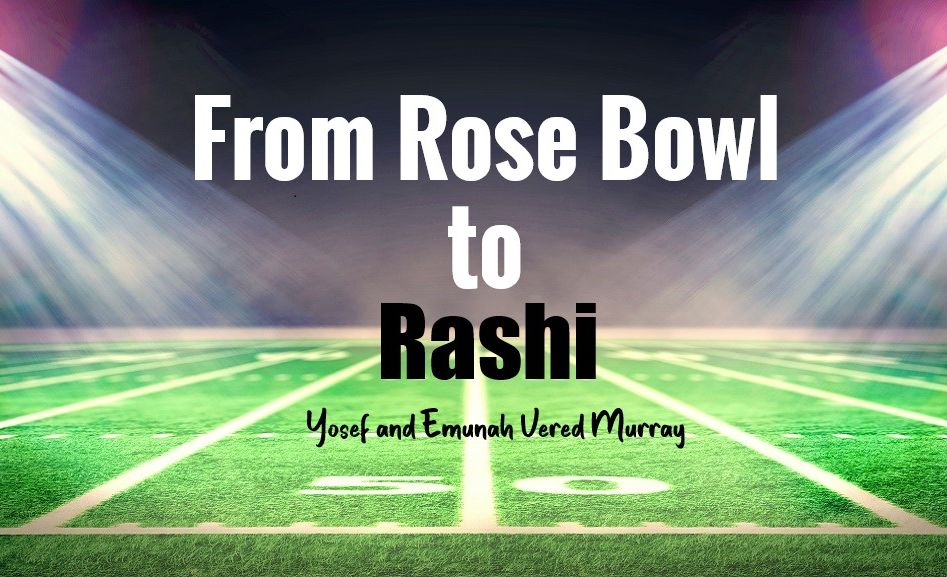
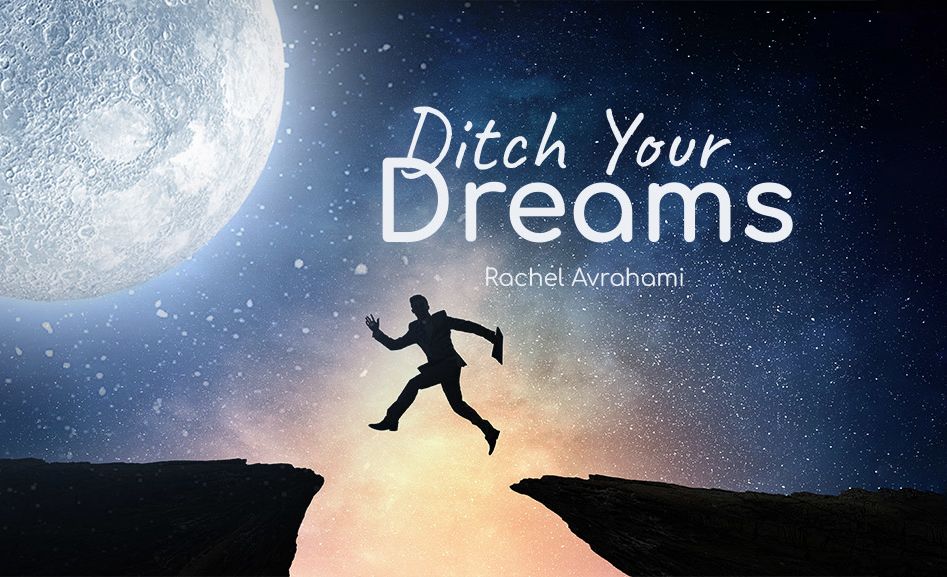
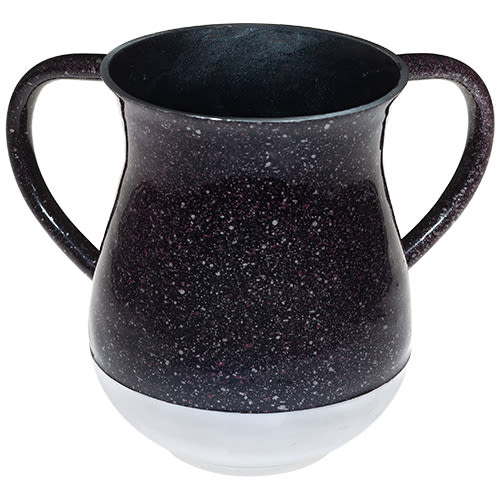
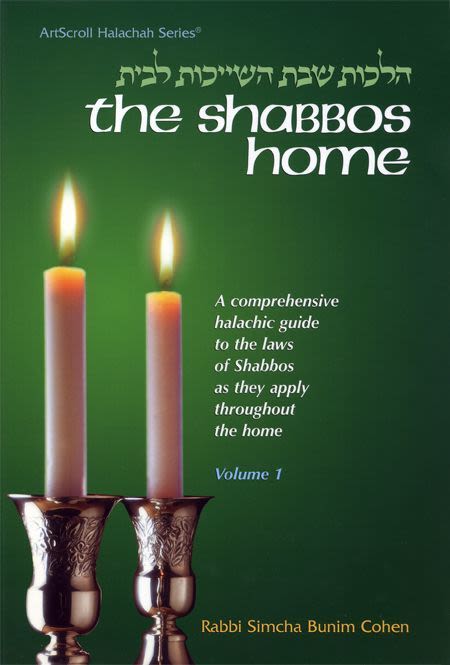

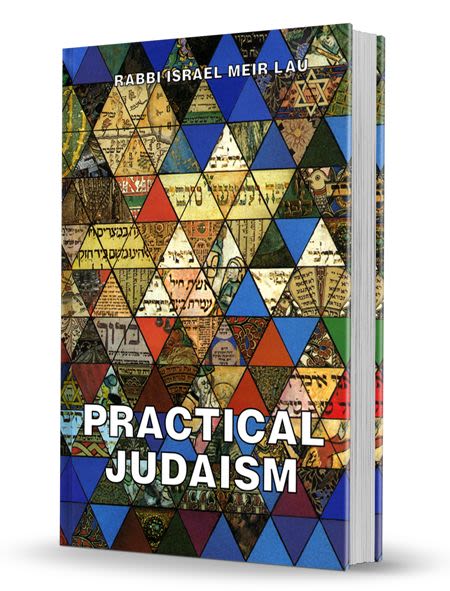

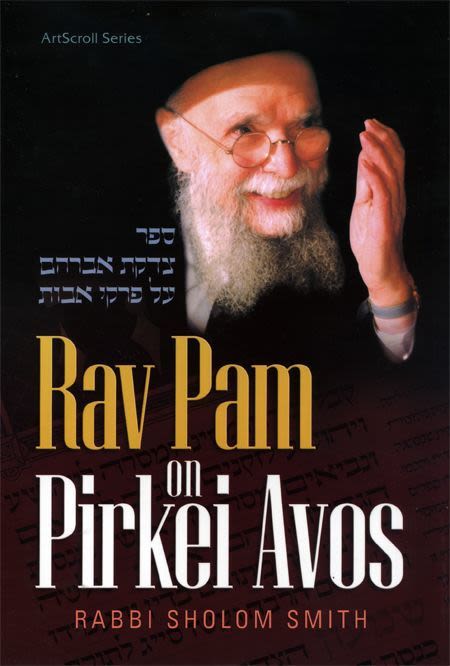
Tell us what you think!
Thank you for your comment!
It will be published after approval by the Editor.